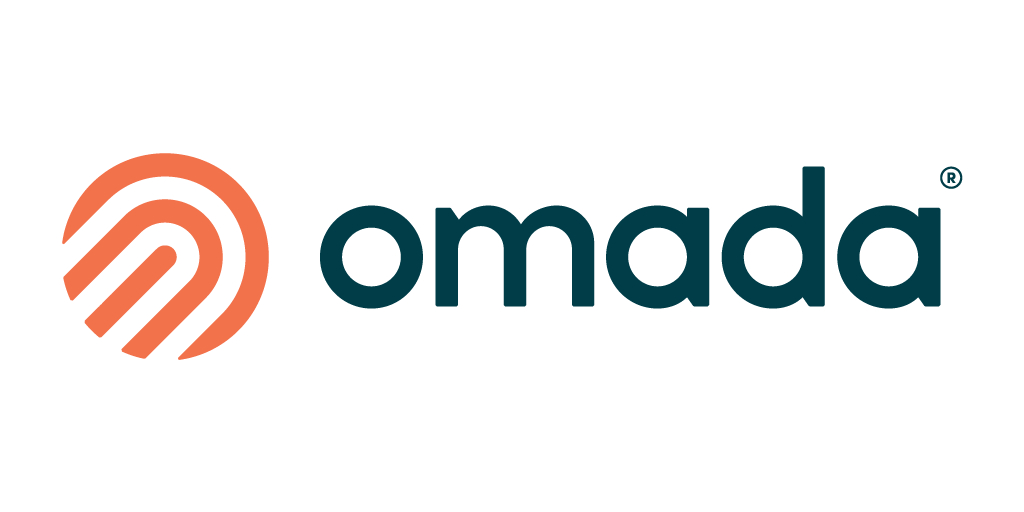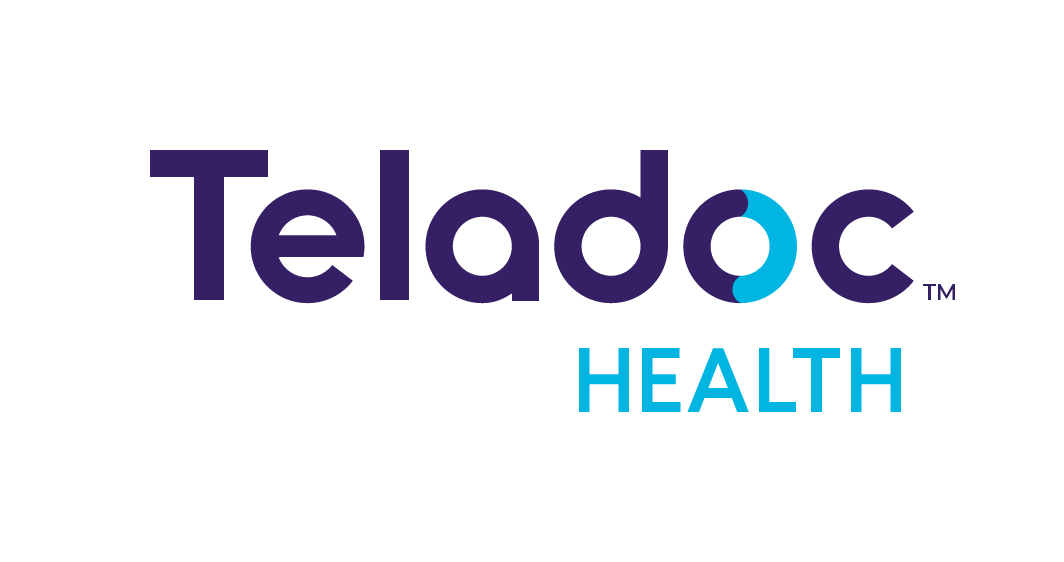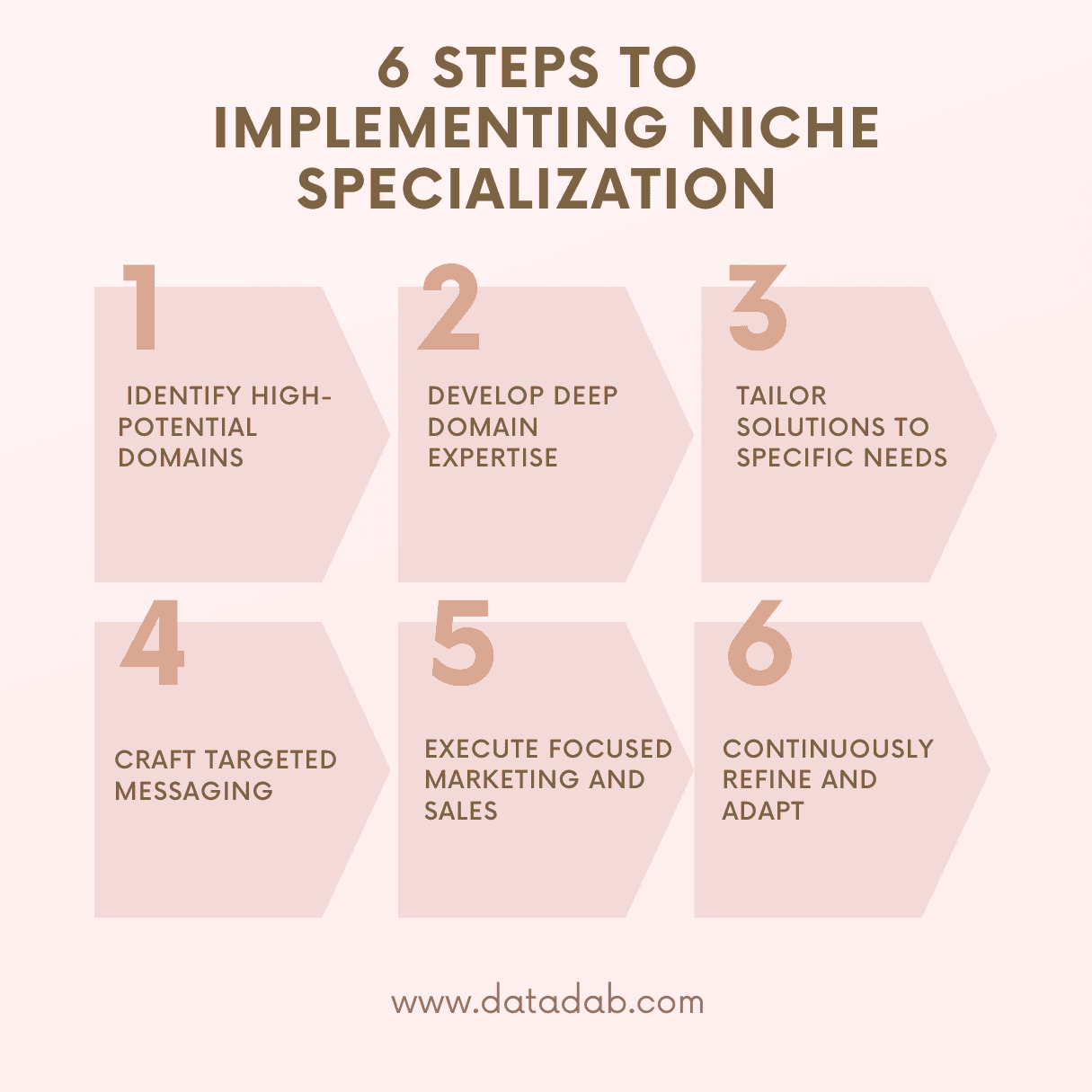One of the lessons I've learned in health tech marketing is that success often lies not in offering broad, all-encompassing solutions, but rather in embracing the power of niche specialization. It's a concept that challenges conventional wisdom and pushes companies to focus on specific healthcare domains, such as chronic disease management, mental health, or telemedicine.
In this blog post, I want to share with you the insights and strategies I've gleaned from my years in the trenches, working hand-in-hand with healthcare tech companies to drive targeted growth and achieve their goals. Together, we'll dive into the compelling case for niche specialization, explore real-world examples of companies that have thrived by focusing on specific healthcare domains, and provide actionable advice to help you navigate this exciting and ever-evolving landscape. So, let's embark on this journey together and discover how embracing the power of niche specialization can transform your healthcare tech company's growth trajectory.
The Pitfalls of Broad Solutions

One of the main reasons why broad, all-encompassing solutions often fall short in the healthcare tech industry is that they fail to address the unique needs and pain points of specific customer segments. Healthcare is an incredibly complex and diverse field, with each domain facing its own set of challenges, regulations, and stakeholders.
| Factor | Broad Solutions | Niche Specialization |
|---|---|---|
| Market Addressability | Aims to capture the broadest possible market share | Focuses on a specific, targeted market segment |
| Competitive Landscape | Faces intense competition from numerous players offering similar solutions | Can establish a defensible position as the go-to solution in the niche |
| Product Development | Offers generic features that may not address specific customer needs | Develops tailored solutions that directly address the unique pain points of the target niche |
| Marketing and Sales | Relies on broad, untargeted messaging that may fail to resonate | Enables highly targeted, resonant messaging that speaks directly to the needs of the niche |
| Customer Acquisition | May struggle to differentiate and attract customers in crowded markets | Can generate high-quality leads and improve conversion rates by addressing specific customer needs |
| Long-Term Growth | May experience slower growth due to lack of differentiation and focus | Can drive sustainable, targeted growth by establishing a strong position in the niche |
For example, a company offering a generic patient engagement platform may struggle to gain traction in the competitive landscape, as it lacks the domain-specific features and integrations that customers in different healthcare verticals require. By trying to be everything to everyone, the company risks being perceived as a “jack of all trades, master of none,” unable to differentiate itself from competitors or deliver compelling value propositions to its target audience.

The Benefits of Niche Specialization
| Benefit | Description |
|---|---|
| Deep Domain Expertise | Develop a deep understanding of the unique challenges and best practices in the niche |
| Tailored Solutions | Create solutions that address the specific pain points of the target customers |
| Strong Competitive Position | Establish a defensible position in the market and build a loyal customer base |
| Optimized Marketing and Sales | Develop targeted strategies that resonate with the specific needs of the niche |
In contrast, healthcare tech companies that embrace niche specialization can reap significant benefits in terms of market penetration, customer acquisition, and long-term growth. By focusing on a specific healthcare domain, companies can:
Develop deep domain expertise: Specializing in a particular healthcare niche allows companies to develop a deep understanding of the unique challenges, regulations, and best practices within that domain. This expertise translates into more effective product development, targeted messaging, and enhanced credibility with potential customers.
Tailor solutions to specific needs: By focusing on a specific healthcare domain, companies can develop tailored solutions that address the unique pain points and requirements of their target customers. This level of customization not only improves the product's effectiveness but also helps to differentiate the company from competitors offering more generic solutions.
Establish a strong competitive position: Niche specialization allows healthcare tech companies to carve out a defensible position in the market. By becoming the go-to solution for a specific healthcare domain, companies can build a loyal customer base, generate positive word-of-mouth referrals, and establish barriers to entry for potential competitors.
Optimize marketing and sales efforts: Focusing on a specific healthcare niche enables companies to develop highly targeted marketing and sales strategies. By speaking directly to the needs and challenges of their target audience, companies can create more compelling value propositions, generate higher-quality leads, and improve conversion rates.
Real-World Examples of Successful Niche Specialization
To illustrate the power of niche specialization in the healthcare tech industry, let's examine a few real-world examples:

Omada Health: Specializing in Digital Chronic Disease Management
Omada Health is a prime example of a healthcare tech company that has achieved significant success by focusing on a specific domain: digital chronic disease management. By specializing in programs for conditions such as diabetes, hypertension, and obesity, Omada has been able to develop tailored solutions that address the unique needs of patients and healthcare providers in this niche.
Through its targeted approach, Omada has established itself as a leader in the digital chronic disease management space, attracting significant funding and forming partnerships with major health plans and employers. The company's success demonstrates how niche specialization can drive targeted growth and differentiation in the competitive healthcare tech landscape.

Lyra Health: Focusing on Mental Health Benefits
Another example of successful niche specialization is Lyra Health, a company that focuses on providing mental health benefits to employers. By specializing in this specific domain, Lyra has been able to develop a comprehensive platform that addresses the unique challenges of delivering mental health services in the workplace.
Lyra's targeted approach has resonated with employers looking for effective solutions to support their employees' mental well-being. The company has experienced rapid growth, securing significant funding and partnering with leading organizations across various industries. Lyra's success showcases how focusing on a specific healthcare niche can lead to a stronger competitive position and accelerated growth.

Teladoc Health: Specializing in Telemedicine
Teladoc Health is a well-known example of a healthcare tech company that has achieved massive success by specializing in telemedicine. By focusing on providing remote medical consultations and services, Teladoc has been able to capitalize on the growing demand for convenient, accessible healthcare solutions.
Through its specialized approach, Teladoc has established itself as a global leader in the telemedicine space, serving millions of patients and partnering with healthcare organizations worldwide. The company's success highlights how niche specialization can enable healthcare tech companies to tap into high-growth markets and scale rapidly.

Implementing a Niche Specialization Strategy
For healthcare tech companies looking to implement a niche specialization strategy, there are several key steps to consider:
Identify high-potential healthcare domains
Conduct thorough market research to identify healthcare domains with significant growth potential, unmet needs, and a lack of specialized solutions. Consider factors such as market size, regulatory landscape, and competitive intensity.
Develop deep domain expertise
Invest in building a deep understanding of the chosen healthcare niche, including the unique challenges, best practices, and stakeholder needs. Engage with domain experts, attend industry events, and stay up-to-date with the latest trends and developments.
Tailor solutions to specific needs
Design and develop solutions that address the specific pain points and requirements of the target healthcare domain. Engage with potential customers to gather feedback and validate product-market fit.
Craft targeted messaging and positioning
Develop a clear and compelling value proposition that resonates with the target audience in the chosen healthcare niche. Highlight the unique benefits and differentiators of the specialized solution.
Execute focused marketing and sales efforts
Implement targeted marketing and sales strategies that speak directly to the needs and challenges of the target healthcare domain. Leverage industry-specific channels, events, and partnerships to reach and engage with potential customers.
Continuously refine and adapt
Monitor market trends, customer feedback, and competitive landscape to continuously refine and adapt the niche specialization strategy. Be prepared to pivot or expand into adjacent healthcare domains as opportunities arise.
In the competitive healthcare tech industry, niche specialization is a powerful strategy for driving targeted growth and establishing a strong market position. By focusing on specific healthcare domains, companies can develop deep expertise, create tailored solutions, and execute focused marketing and sales efforts that resonate with their target audience.
Real-world examples like Omada Health, Lyra Health, and Teladoc Health show that niche specialization can lead to significant success in market penetration, customer acquisition, and long-term growth. Healthcare tech companies that embrace specialization are well-positioned to thrive in the dynamic and crowded healthcare tech landscape.
FAQ
1. What is niche specialization in the context of healthcare technology?
Niche specialization in healthcare technology refers to the strategy of focusing on a specific, targeted healthcare domain, such as chronic disease management, mental health, or telemedicine, rather than offering broad, all-encompassing solutions.
2. Why is niche specialization important for healthcare tech companies?
Niche specialization allows healthcare tech companies to develop deep domain expertise, create tailored solutions that address specific customer needs, establish a strong competitive position, and optimize their marketing and sales efforts for targeted growth.
3. What are the drawbacks of offering broad, all-encompassing solutions in healthcare tech?
Broad solutions often fail to address the unique needs and pain points of specific customer segments, leading to diluted messaging, ineffective positioning, and missed opportunities for targeted growth. Companies offering broad solutions may struggle to differentiate themselves in crowded markets.
4. Can you provide some examples of successful niche specialization in healthcare tech?
Yes, some notable examples include:
- Omada Health, which specializes in digital chronic disease management
- Lyra Health, which focuses on providing mental health benefits to employers
- Teladoc Health, which specializes in telemedicine and remote medical consultations
5. How can healthcare tech companies identify high-potential domains for niche specialization?
To identify high-potential domains, companies should conduct thorough market research, analyzing factors such as market size, growth rate, competitive intensity, regulatory complexity, and specialization potential. They should also consider their own strengths, expertise, and market opportunities.
6. What are the key steps in implementing a niche specialization strategy?
The key steps include identifying high-potential healthcare domains, developing deep domain expertise, tailoring solutions to specific needs, crafting targeted messaging and positioning, executing focused marketing and sales efforts, and continuously refining and adapting the strategy based on market trends and feedback.
7. How can healthcare tech companies develop deep domain expertise in their chosen niche?
Companies can develop deep domain expertise by investing in research, engaging with domain experts, attending industry events, and staying up-to-date with the latest trends and developments in their chosen niche. They should also seek feedback from potential customers to gain insights into their specific needs and challenges.
8. What role does customer feedback play in a niche specialization strategy?
Customer feedback is crucial for validating product-market fit, refining solutions to better address specific needs, and continuously improving the overall niche specialization strategy. Companies should establish feedback loops with their target customers to gather valuable insights and adapt their approach accordingly.
9. How can healthcare tech companies measure the success of their niche specialization efforts?
Success can be measured through various metrics, such as market penetration within the targeted niche, customer acquisition and retention rates, revenue growth, and customer satisfaction scores. Companies should set clear performance indicators and regularly track progress against their goals.
10. Is niche specialization suitable for all healthcare tech companies?
While niche specialization can be a powerful strategy for many healthcare tech companies, it may not be suitable for everyone. Companies should carefully assess their current market position, strengths, growth potential, and long-term goals to determine whether a niche specialization strategy aligns with their vision and capabilities. Some companies may find success with a more diversified approach or by gradually expanding into adjacent healthcare domains over time.






